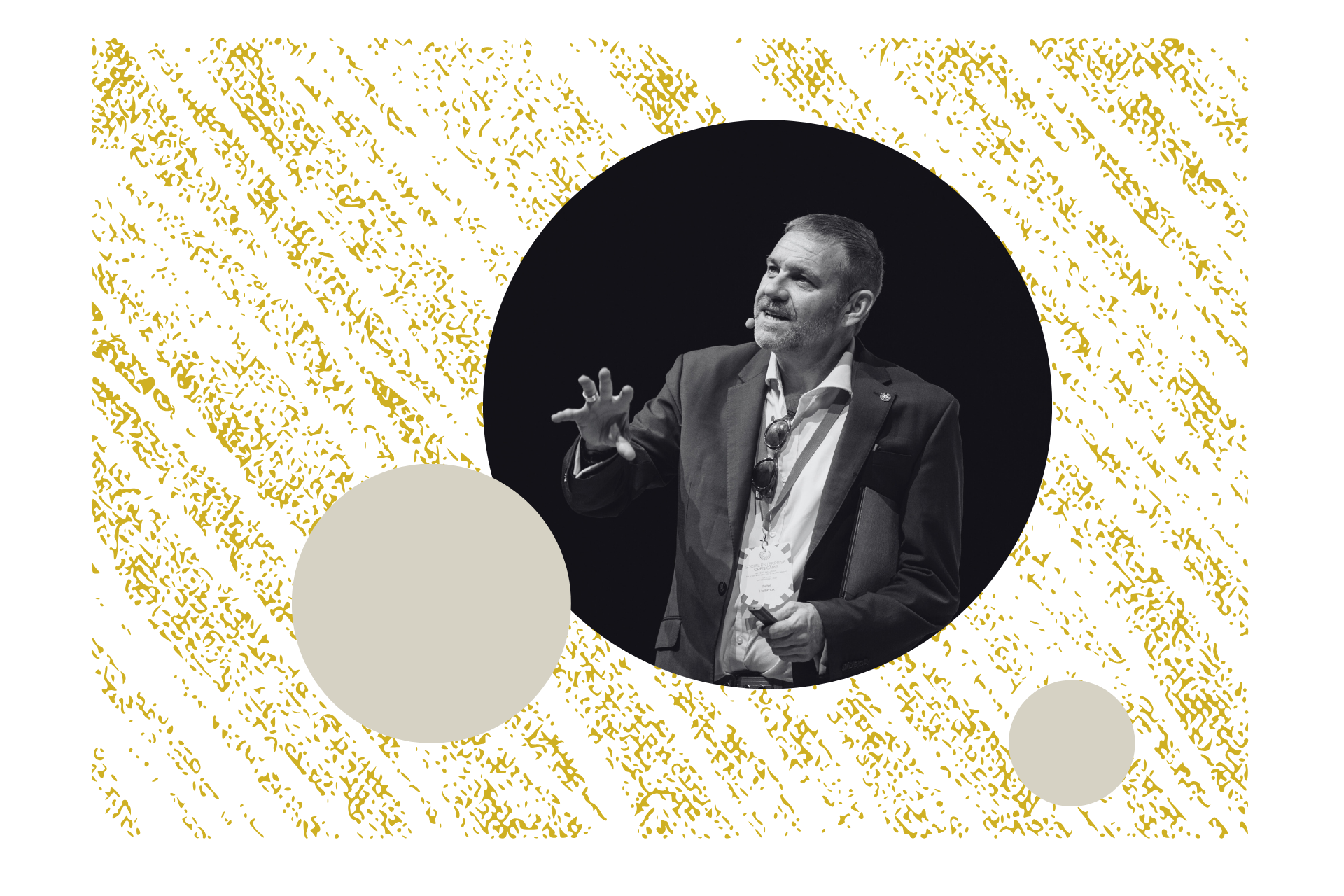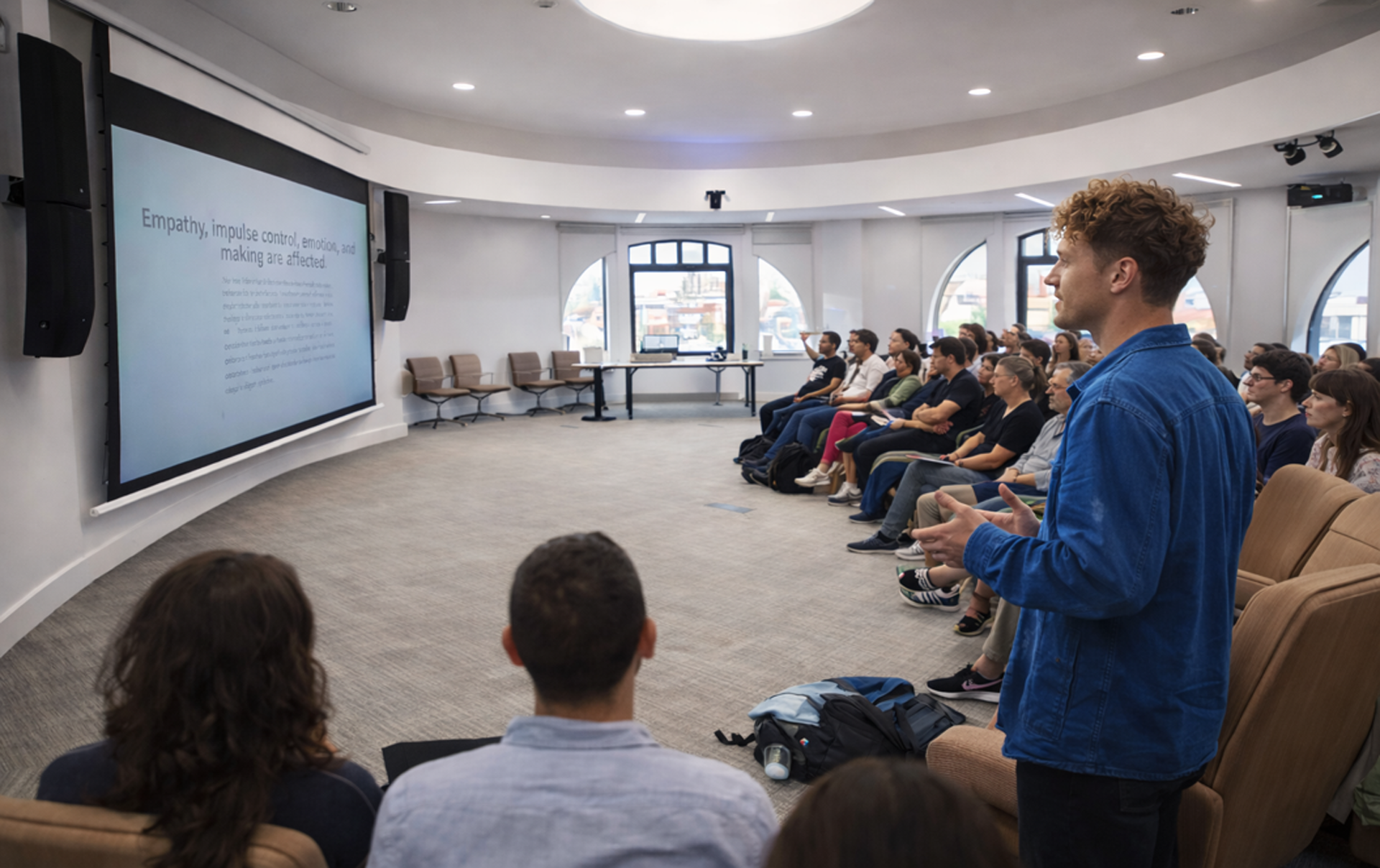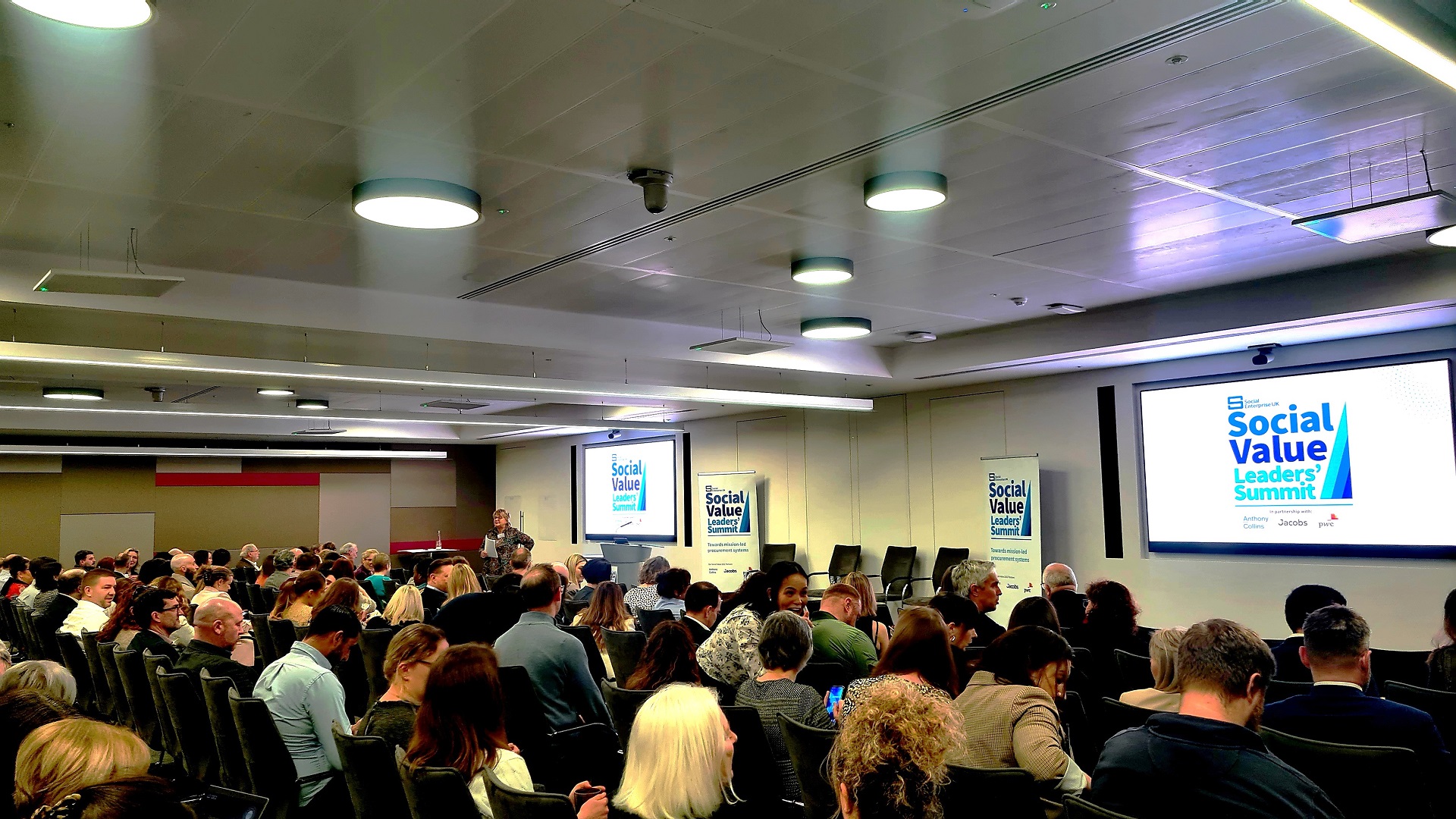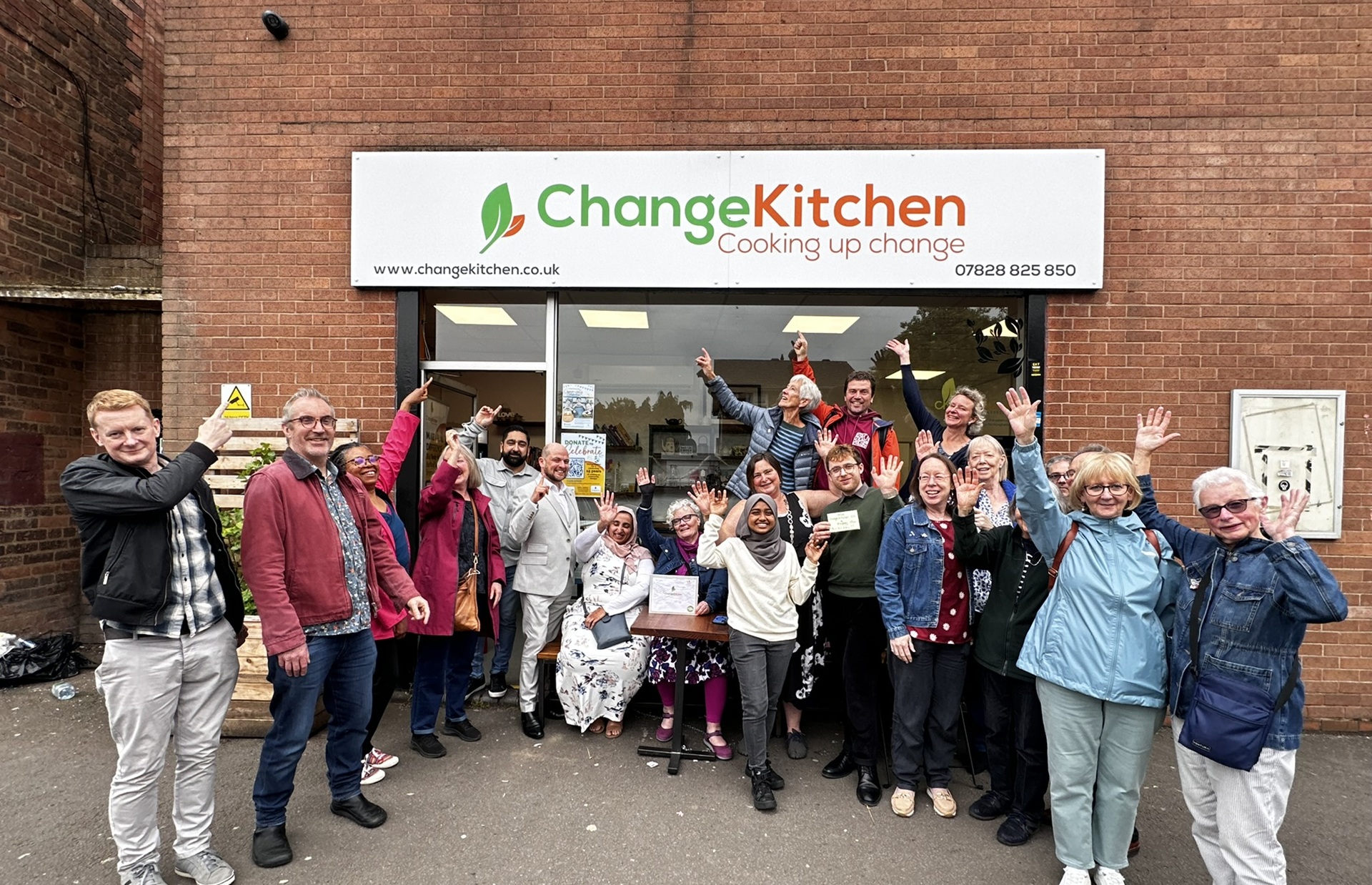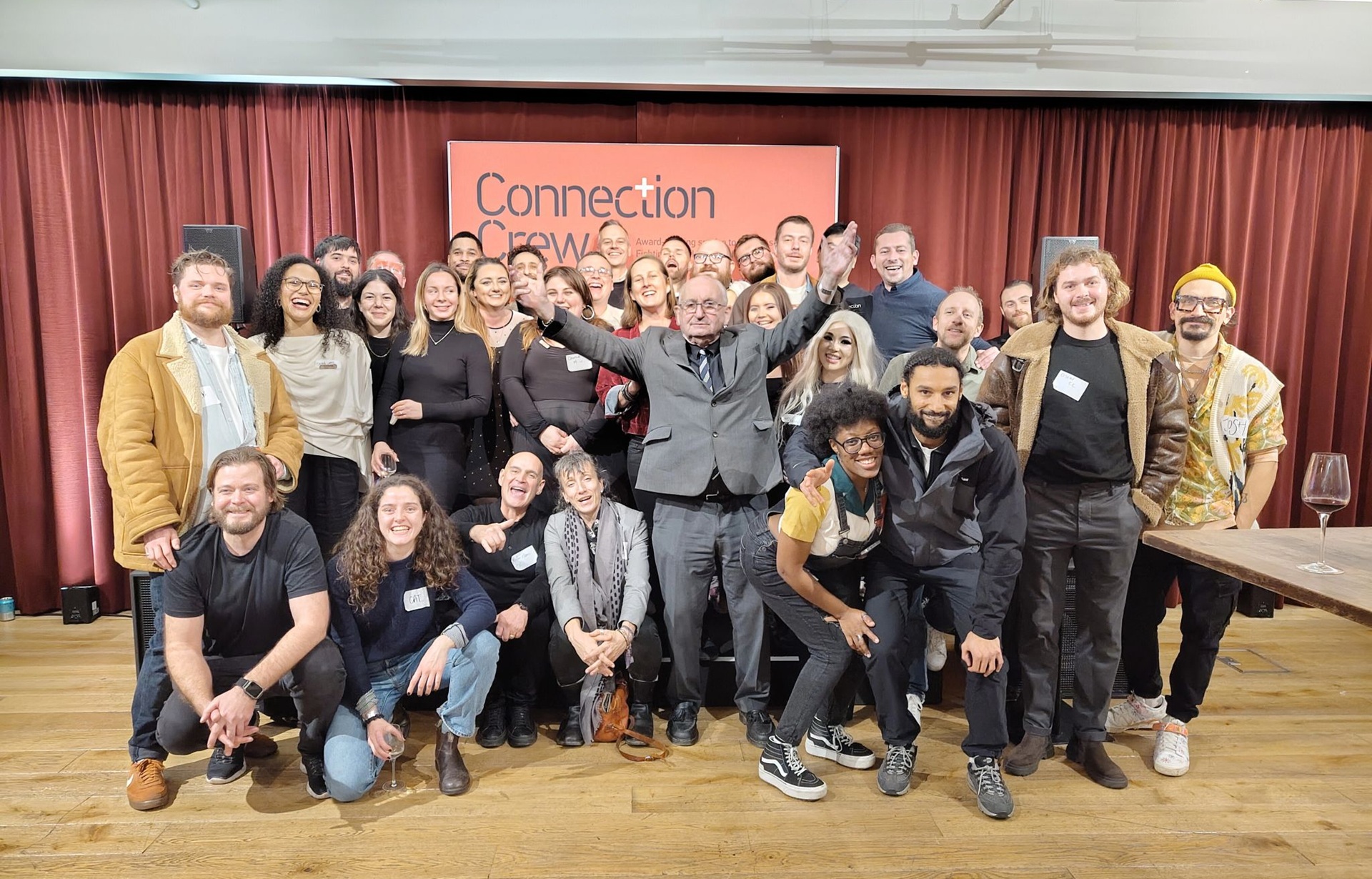
News and views
What steps should the government take to double the size of the co-operatives and mutuals sector?
The Labour government’s 2024 election manifesto contained a commitment to ‘double the size’ of the co-operatives and mutuals sector. Following on from this, in November of 2025, the Department for Business and Trade launched a call for evidence on business support for co-operatives and non-financial mutuals. This was an opportunity for us to feed directly into government thinking around diverse business models, and to ensure gaps in support provision, finance, and understanding are presented to and acknowledged by the Department. Our consultation response focuses on the immense impact made by social enterprises, many of which are co-operatives, mutuals and employee-owned - the way they are driving economic growth, reducing inequalities, and creating better working environments. Particular attention is given to the vital role these types of organisations play within the NHS and the transformative impact they are having on patient care and staff wellbeing while retaining financial responsibility. We also look in depth at the challenges faced by these businesses when it comes to accessing finance and support and the gaps in understanding which are holding them back. Here are some of the key points mentioned in our response: Economic and social impact Sector Scale: Mission-led businesses (co-ops, mutuals, and social enterprises) make up 5% of UK businesses, accounting for 10% of GDP and creating around 4 million jobs. Growth Potential: If the proportion of social enterprises and co-ops within the UK economy grew from 3% to 12% of GDP, it would increase UK investment by £14 billion. If all businesses were mission-led, UK GDP could be 7% larger. Job creation: Consumer co-operatives create more jobs by turnover than average enterprises in the UK. Labour productivity in worker co-operatives is around 8-12% higher than comparable traditional firms. Resilience: 82% of co-operative start-ups are trading after 5 years, compared with just 40% of UK companies overall. Public services and healthcare NHS contribution: The 60 largest healthcare social enterprises, most of which are classified as public service mutuals, deliver £2.4 billion in services annually, covering a third of community health services and providing urgent care for two-thirds of the population. Quality: These organisations are more likely to receive "Good" or "Outstanding" CQC ratings than traditional NHS trusts. Efficiency: Research shows that social enterprises are leaner and more efficient than NHS Community Trusts, with lower staff sickness rates, lower spend on bank and agency staff, and lower overheads. Diversity and inclusion Leadership: 24% of the top 100 co-ops are led by women, compared to just 9% of the FTSE 100. Pay equity: The gender pay gap in co-ops is 7.5%, significantly lower than the UK average of 12%. Workforce: Around 65% of the social enterprise workforce is female, and 22% are from minoritised ethnicity backgrounds. Barriers to entry and growth Awareness gap: There is a lack of understanding of co-operative and mutual models among business advisors, investors, and the general public. This translates into poor, unsuitable advice for those wishing to start or scale co-operative business models. Financial hurdles: 68% of social enterprises struggle to access grant funding; many find traditional bank finance (like overdrafts) difficult to secure because banks don't understand their risk profiles. Lack of awareness in government: Public service mutuals are often "forgotten" in government decisions around funding and support, creating unnecessary strains on finances, capacity, and services. For example, they were initially excluded from pandemic bonuses and National Insurance relief granted to public sector counterparts. This creates perverse incentives, discouraging the type of organisations that consistently deliver the kind of care the NHS 10-year plan is seeking to deliver. Recommendations Joined-up government working: Despite considerable cross-party support and the ongoing growth of diverse businesses themselves, government action has been slow and in need of joined-up strategy across key departments. The Government has committed to doubling the size of the co-operative and mutual economy, and there is now also an Office for the Impact Economy. The Government must recognise that these terms overlap, and that policy decisions must take into account co-operative, social enterprise, and mutual models of ownership, and how these can coexist. Legal and fiscal frameworks: Ensure legal and fiscal frameworks do not, even unintentionally, discriminate against diverse businesses. Bolster the capacity of regulators like Companies House to remove barriers for co-operatives wanting to start or scale Routes to market and the public purse: The Procurement Act consultation should lead to joined-up integration of support for VCSEs in public procurement, and strengthening the Social Value Act can expand public/social partnerships and secure greater value for money from existing public budgets. Access to finance: DBT and DCMS, through ensuring their existing programmes are open to diverse businesses, can expand support for start-ups, growth, and replication, and enterprise development. Sector leads and champions: Diverse business model sector leads and champions need to be better embedded across government departments to strengthen awareness and coordination in order to highlight and build upon best practice. CLICK HERE TO READ OUR FULL RESPONSE TO THE CONSULTATION
4 min

